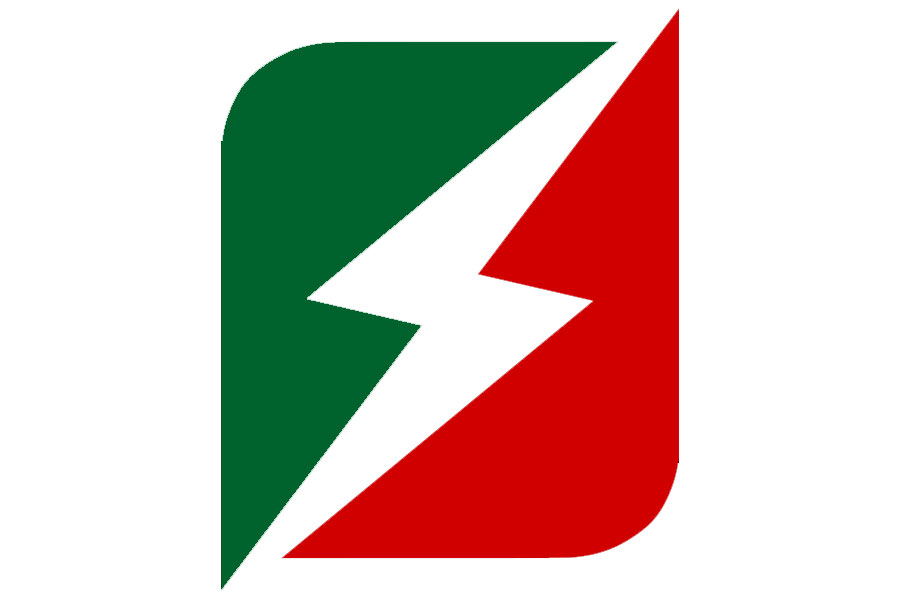
Radar | Nov 19,2022
Mar 13 , 2021
By Eden Sahle
In anticipation of International Women’s Day, I took part in an enriching gathering of female leaders in various fields organised by the African Women Leaders Network just a couple of days before March 8, 2021. The dialogue brought together three generations of women to share experiences in the political and business spheres and the importance of standing together as a unit.
Some of the women in attendance included Ambassador Tadelech Hailemichael, Sehin Tefera (PhD), founder of Setaweet, and Filsan Abdullahi, minister of Women, Children & Youth.
Remarkable progress has been made in securing leadership roles for women over the decades, the women attested, but significant changes remain. Today, the spectrum of violence against women ranges from sexual violence, physical and psychological trauma to even loss of life. Women in Ethiopia continue to be exposed to severe forms of violence and harassment, not to mention structural impediments in their effort to get ahead in life.
Making matters worse is that gender-based violence is a persistent problem deeply rooted in our society and fuelled by the widespread culture of silence. Incidents of harm done to women are usually passed with hollow condolences but little sincere commitment to improving the structural and cultural obstacles that expose them to violence.
Women that have been targets of violence and harassment often think that speaking out will result in more social stigma, bringing a “bad name” to their families or children without much legal recourse to show for it. Women’s lack of socioeconomic autonomy has further reduced their capacity to take appropriate steps against offenders – they could be dependent financially for their living on that same offender.
No less helpful are the complex situations under which women’s organisations find themselves. The history of their emergence over the past eight decades is indicative of this. Highly politicised organisations have come and gone. Women’s inclusion in this has come at the expense of their voices, merely becoming part of a political structure built to perpetuate the social status quo under which most women continue to be discriminated against, harassed and physically abused.
The emergence of these women’s organisations in the modern sense dates back to the early 20th century. The first nationwide organisation was the Ethiopian Women Welfare Association, set up in 1935 to focus on upper-class urbanites in Addis Abeba. It was established under the backing of Empress Menen Asfaw.
Its activities were limited mainly to raising funds and sponsoring projects for women in urban areas. Almost two decades later, the organisation was given legal recognition, opening 40 branches throughout the country. At this particular time, the Armed Forces Wives Association was formed to provide support to widows and the children of soldiers who died in the war; of note is also the Ethiopian Young Women’s Christian Association.
Unfortunately, none of these had the voice, capacity, organisational or political structure to serve most Ethiopian women. The downfall of the Solomonic Dynasty and its feudal system, which was conducive to female leadership, and the coming of the Dergue created opportunities. But it also complicated situations. The Revolutionary Ethiopia Women’s Association (REWA) was established in the early 1980s, with almost five million women from all walks of life contributing to various developmental activities and literacy campaigns.
At the same time, the coming of workers' parties brought special attention to women's issues and took practical steps to involve women, but with the condition that they had to endorse the party’s agenda. Those who spoke against the authoritarian system were shunned, arrested or executed.
With the change in government in 1991, there again came another opportunity for women’s civil societies to be organised in a way that most benefits them. One of the first was the Ethiopian Women Lawyers Association, the Addis Abeba Women’s Association, the Network of Ethiopian Women’s Associations (which has dozens of member organisations) and the Organisation Against Gender-Based Violence. The likes of these have operated under heavily restrictive legal, cultural, social and political circumstances.
Today, there is good and bad news. Female leadership in political positions has increased. Representation of women in ministerial positions has expanded, and the head of state, president of the Supreme Court and at the head of the National Electoral Board of Ethiopia are all women.
Unfortunately, positions of power continue to be closely related to political loyalty. Thus, many women in high places are limited on the range of issues on which they can speak. It has also left decades-old organised women’s movements in their infancy.
Such restraints can be reversed, perhaps when women in politics have the liberty to speak openly. They owe it to every woman and girl to fight injustice. When they speak truth to power, they inadvertently encourage all women.
“Each time a woman stands up for herself without knowing it, possibly without claiming it, she stands up for all women,” said Maya Angelou, poet and writer.
PUBLISHED ON
Mar 13,2021 [ VOL
21 , NO
1089]

Radar | Nov 19,2022

Editorial | Oct 11,2025

My Opinion | Jun 20,2020

Viewpoints | May 18,2019

News Analysis | Jan 05,2020

Editorial | Jan 11,2020

Viewpoints | Apr 24,2021

Viewpoints | Aug 14,2021

Sunday with Eden | Oct 16,2021

Commentaries | Feb 08,2020

Photo Gallery | 179712 Views | May 06,2019

Photo Gallery | 169909 Views | Apr 26,2019

Photo Gallery | 160861 Views | Oct 06,2021

My Opinion | 137199 Views | Aug 14,2021

Dec 22 , 2024 . By TIZITA SHEWAFERAW
Charged with transforming colossal state-owned enterprises into modern and competitiv...

Aug 18 , 2024 . By AKSAH ITALO
Although predictable Yonas Zerihun's job in the ride-hailing service is not immune to...

Jul 28 , 2024 . By TIZITA SHEWAFERAW
Unhabitual, perhaps too many, Samuel Gebreyohannes, 38, used to occasionally enjoy a couple of beers at breakfast. However, he recently swit...

Jul 13 , 2024 . By AKSAH ITALO
Investors who rely on tractors, trucks, and field vehicles for commuting, transporting commodities, and f...

Nov 1 , 2025
The National Bank of Ethiopia (NBE) issued a statement two weeks ago that appeared to...

Oct 25 , 2025
The regulatory machinery is on overdrive. In only two years, no fewer than 35 new pro...

Oct 18 , 2025
The political establishment, notably the ruling party and its top brass, has become p...

Oct 11 , 2025
Ladislas Farago, a roving Associated Press (AP) correspondent, arrived in Ethiopia in...

Nov 2 , 2025
The National Bank of Ethiopia (NBE) has scrapped the credit-growth ceiling that had s...

Nov 2 , 2025 . By SURAFEL MULUGETA
The burgeoning data mining industry is struggling with mounting concerns following th...

Nov 2 , 2025 . By YITBAREK GETACHEW
Berhan Bank has chosen a different route in its pursuit of a new headquarters, opting for a transitional building instea...

Nov 2 , 2025 . By BEZAWIT HULUAGER
Nib International Bank S.C. has found itself at the epicentre of a severe governance...